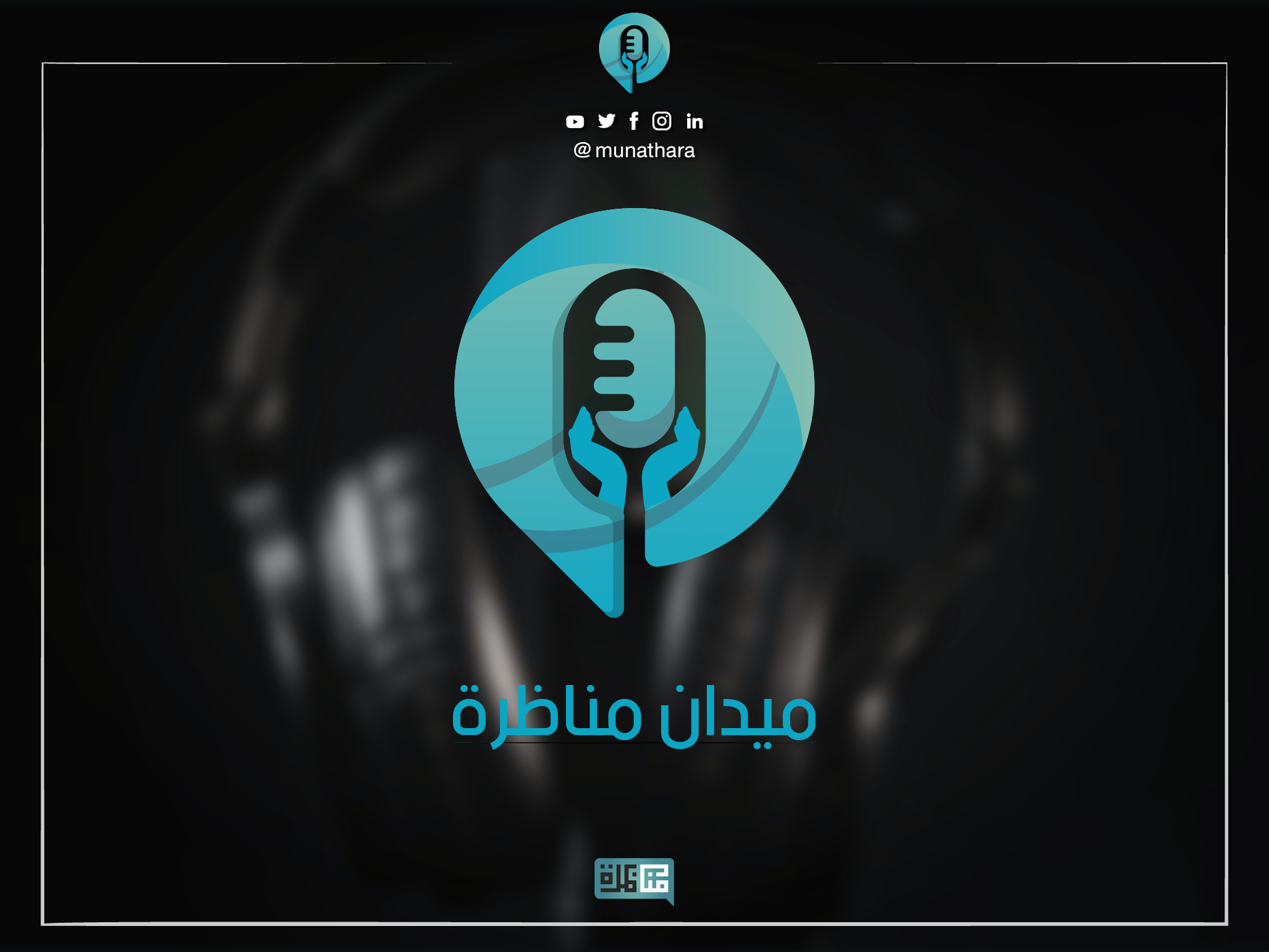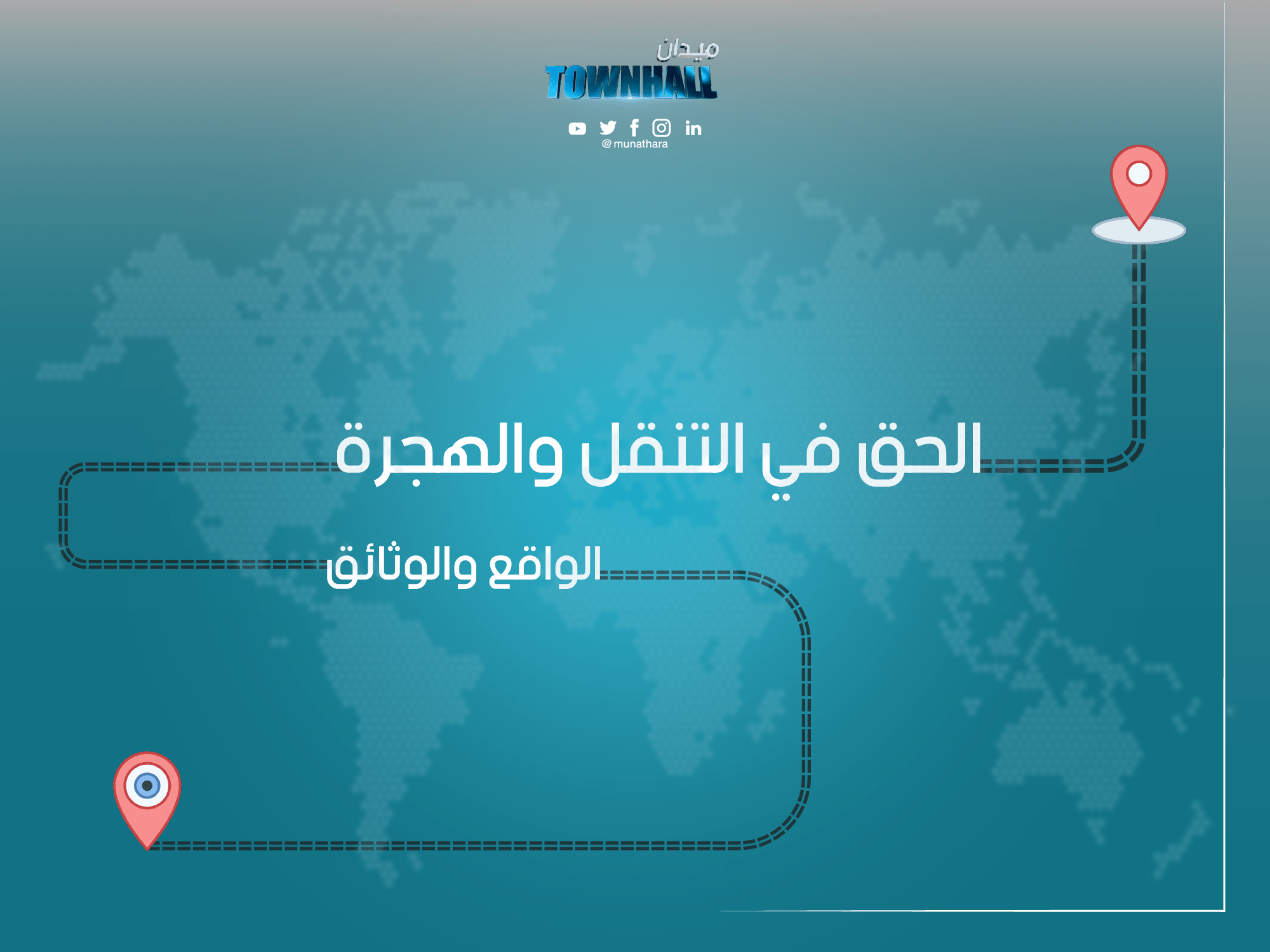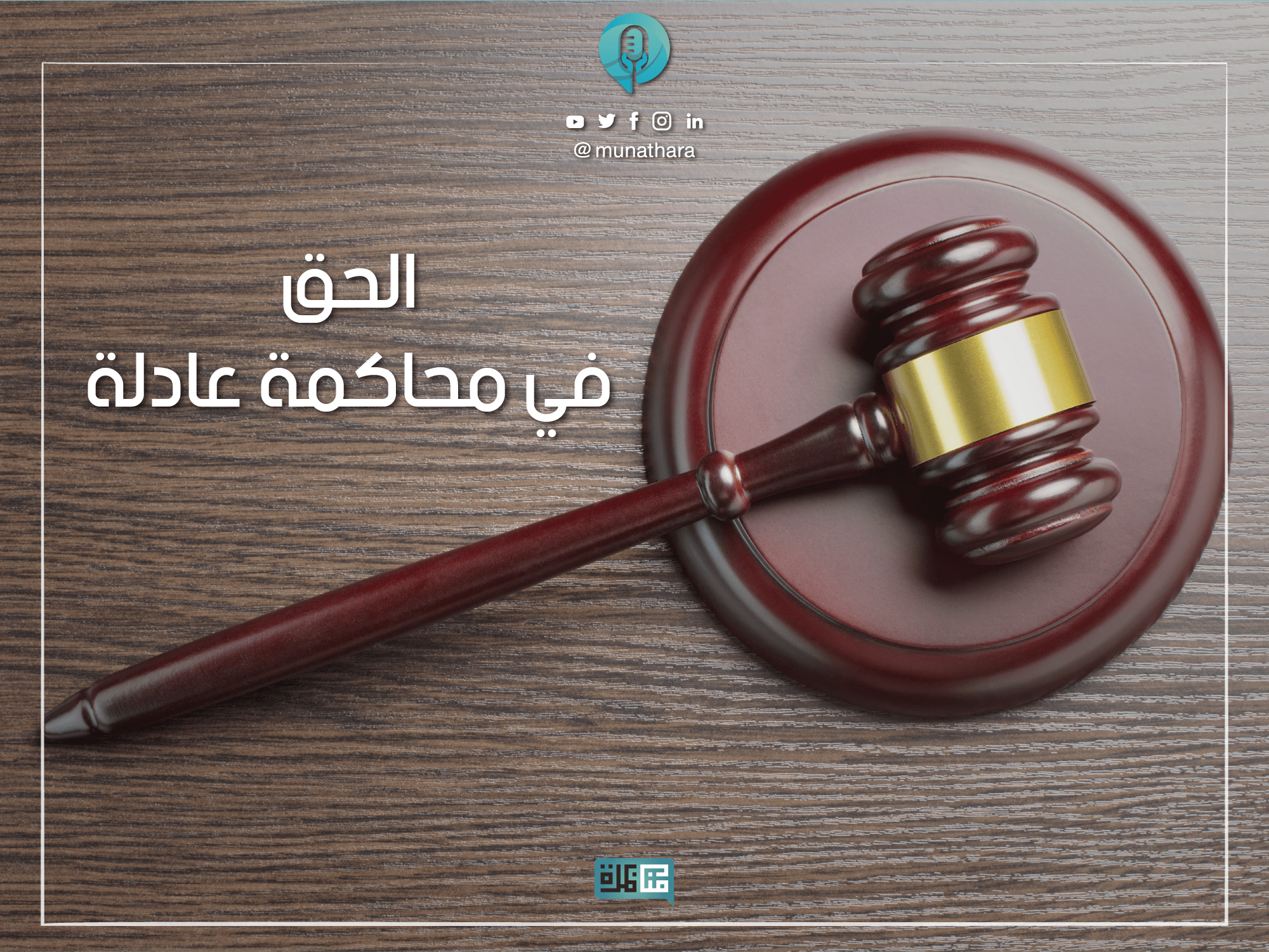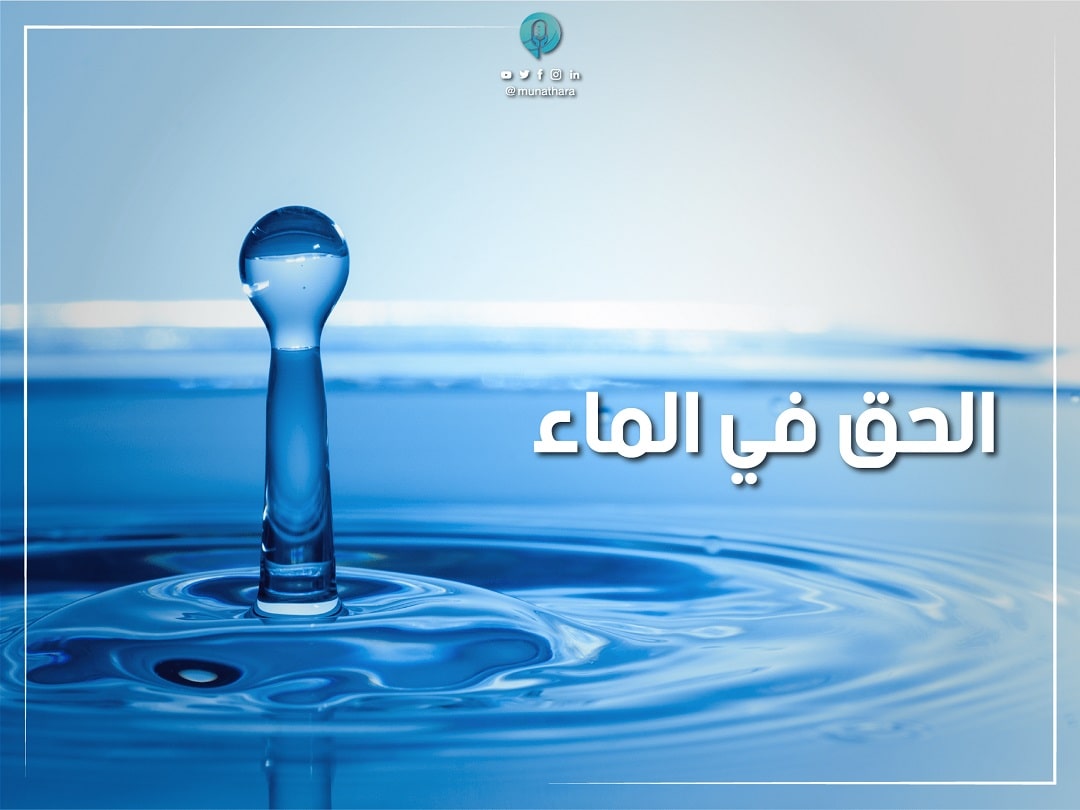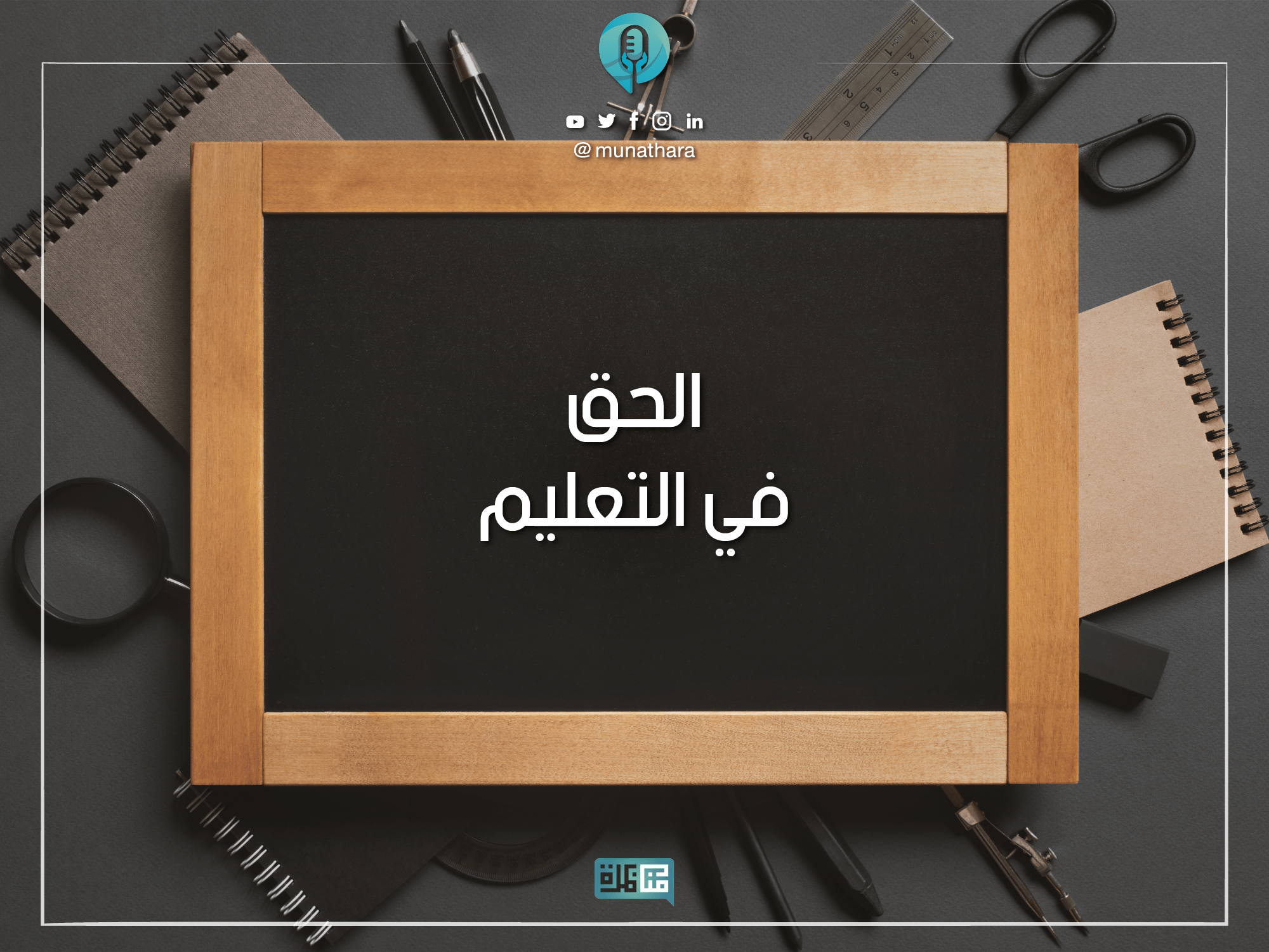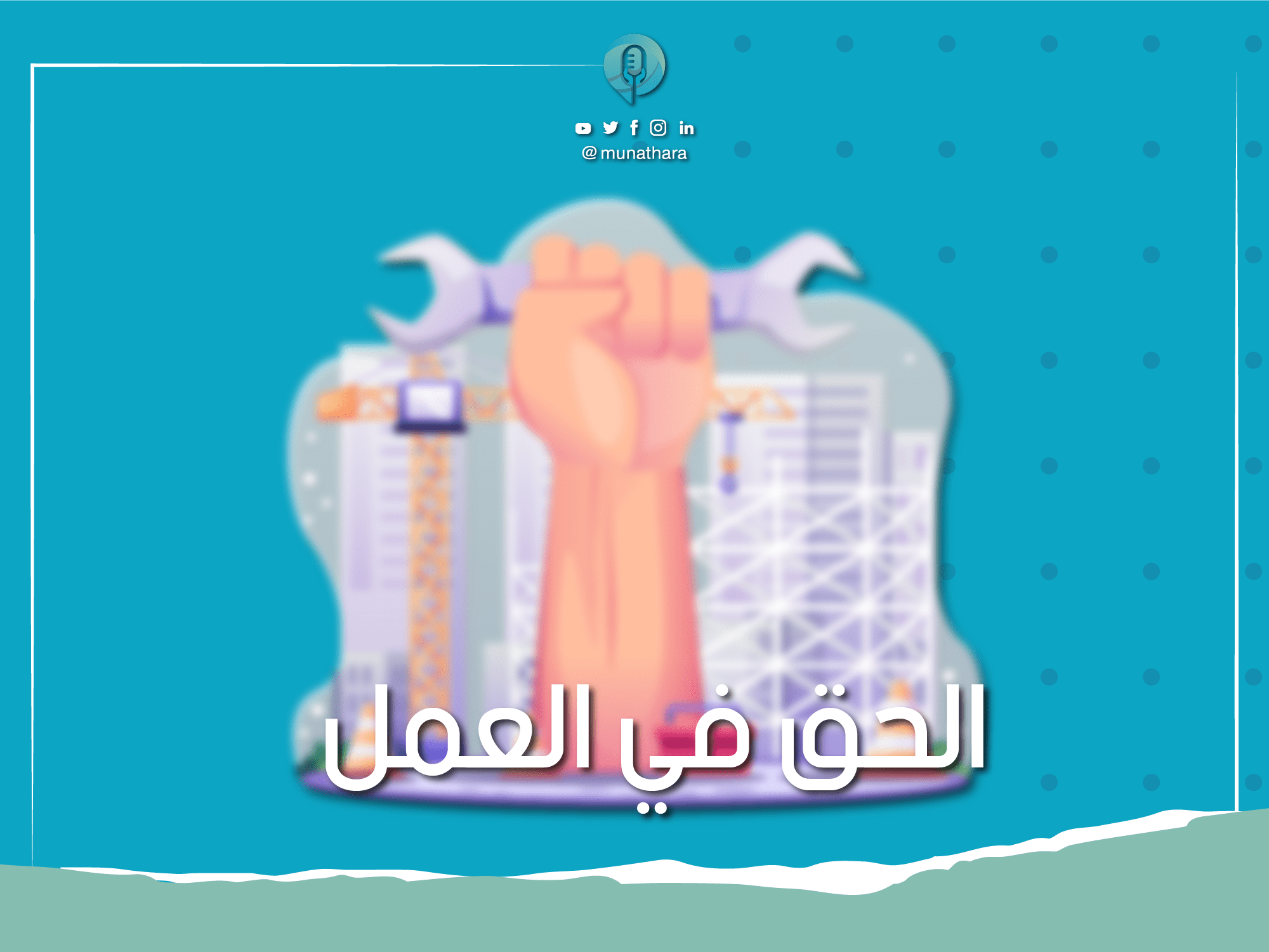Everyone is free to leave any country?
"Everyone is free to leave any country, including his own" The right to move is among the rights of the first generation that we can consider natural rights. Its importance has been underlined through the United Nations General Assembly's International Covenant on Civil and Political Rights, specifically article 12 of part III above, and Tunisia joined the Covenant's ratification on 16 December 19 The new Constitution of the Tunisian Republic of 2022 also contains a chapter affirming freedom of movement, under section II, entitled "Rights and freedoms", Chapter 30, paragraph 2, which states "Every citizen is free to choose his residence and to move within the country and has the right to leave". However, despite International treaties, constitutional provisions and the lawfulness of rights, the ground reflected facts contrary to legal documents. We live against a reality in which every natural or moral person defines rights and duties based on self-interest. This contradiction is due to several reasons, perhaps the most important of which are the policies of receiving countries that limit the number of migrants and the criteria for obtaining a visa, which in turn are reflected in the policies of developing countries and their economic and social status and other direct and indirect reasons. These difficult criteria may have affected the escalation of irregular migration, especially as we note the diversity of social groups that illegally migrate the country. According to The latest statistics of September 15th 2022, of the Ministry of Interior, the number of irregular migrants in 2022 who succeeded in reaching the Italian coast was 13,980 Problems with the right to movement are not only at the external level, but also at the national level, citizens suffer from lack of access to movement between governorates, and sometimes within national territories. Root causes start from poor public transport to discrimination in the absence of a clear strategy to guarantee this right, Nevertheless, the Munathara Initiative continues tackling Human Rights issues by organizing a Townhall style live show entitled #The_Right_to_Mobility_and_Migration: Between_Reality_and_legislation


